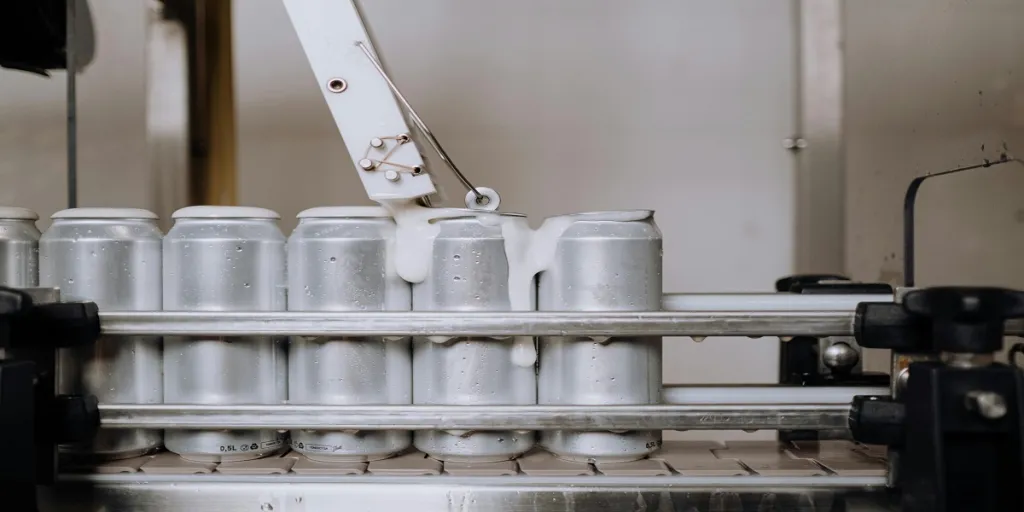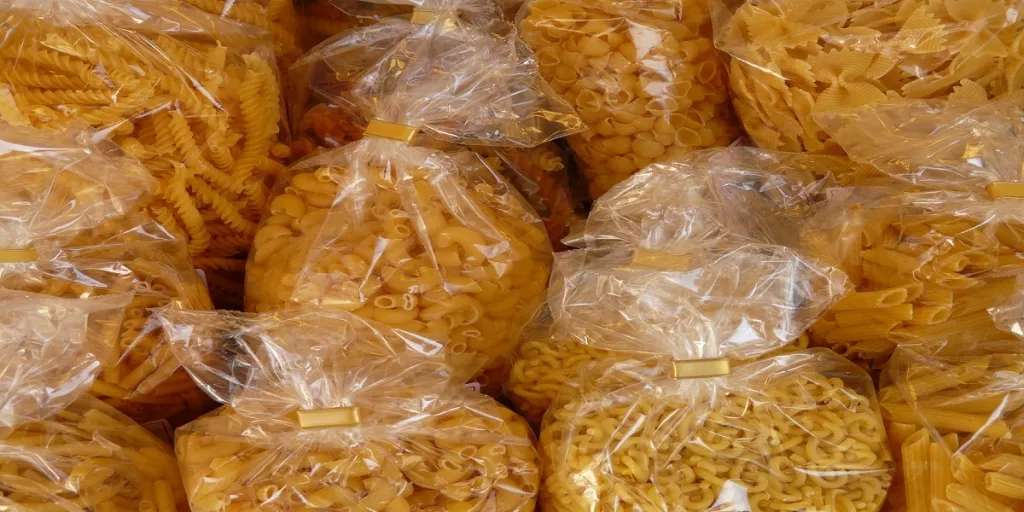As the global community turns its focus towards sustainability, the food industry is leading the charge by revolutionizing its packaging practices.

In recent years, the food industry has witnessed a transformative shift, with sustainable packaging at the forefront of this revolution. Driven by increasing consumer awareness and regulatory pressures, companies are rethinking packaging strategies to reduce environmental impacts.
This change is not just about reducing waste; it’s about creating a sustainable business model that aligns with the global move towards eco-friendly practices.
The shift to eco-friendly materials
One of the most significant changes in the food packaging sector is the transition from traditional plastic materials to more sustainable alternatives.
Innovations such as biodegradable plant-based plastics, edible packaging, and recycled materials are becoming more prevalent.
Companies like Notpla, a UK-based startup, are pioneering the use of seaweed and other natural materials to create packaging that can decompose within weeks.
This shift is largely consumer-driven. As shoppers become more environmentally conscious, their purchasing decisions increasingly favour products with green credentials.
A recent study by the University of Oxford revealed that over 60% of UK consumers prefer to buy products with minimal or recyclable packaging, highlighting the demand for sustainable options.
Reducing carbon footprints
The adoption of sustainable packaging also plays a crucial role in reducing the carbon footprint of the food industry. Traditional plastic production is energy-intensive and relies heavily on fossil fuels.
By contrast, alternative materials such as recycled paper or bioplastics often require less energy to produce and can help reduce the overall carbon emissions associated with packaging.
Moreover, companies are not just stopping at the packaging materials themselves; they are also revamping their production processes.
Tesco, for instance, has committed to reducing its carbon emissions by 60% by 2025, part of which involves optimising packaging designs to be more resource-efficient and improving the logistics of packaging disposal.
Economic impacts and business opportunities
While transitioning to sustainable packaging poses initial challenges and costs, it also opens up new business opportunities. Brands that adopt green packaging solutions can enhance their market position and brand loyalty among eco-conscious consumers.
Additionally, they may benefit from subsidies and tax incentives offered by governments to promote sustainable practices.
Furthermore, the move towards sustainable packaging is spurring innovation across the supply chain. New industries are emerging in the fields of material science and recycling technology, creating jobs and fostering economic growth.
Companies that can innovate and scale sustainable packaging solutions effectively are likely to lead the market in the coming years.
Sustainable food packaging is more than a trend
The revolution in sustainable packaging within the food industry is not merely a trend but a vital shift towards long-term viability and environmental responsibility.
By embracing eco-friendly materials, reducing carbon footprints, and seizing new economic opportunities, the food sector is setting a precedent for other industries to follow.
As this movement grows, it continues to inspire innovations that contribute to a more sustainable planet for future generations.
Source from Packaging Gateway
Disclaimer: The information set forth above is provided by packaging-gateway.com independently of Alibaba.com. Alibaba.com makes no representation and warranties as to the quality and reliability of the seller and products.




